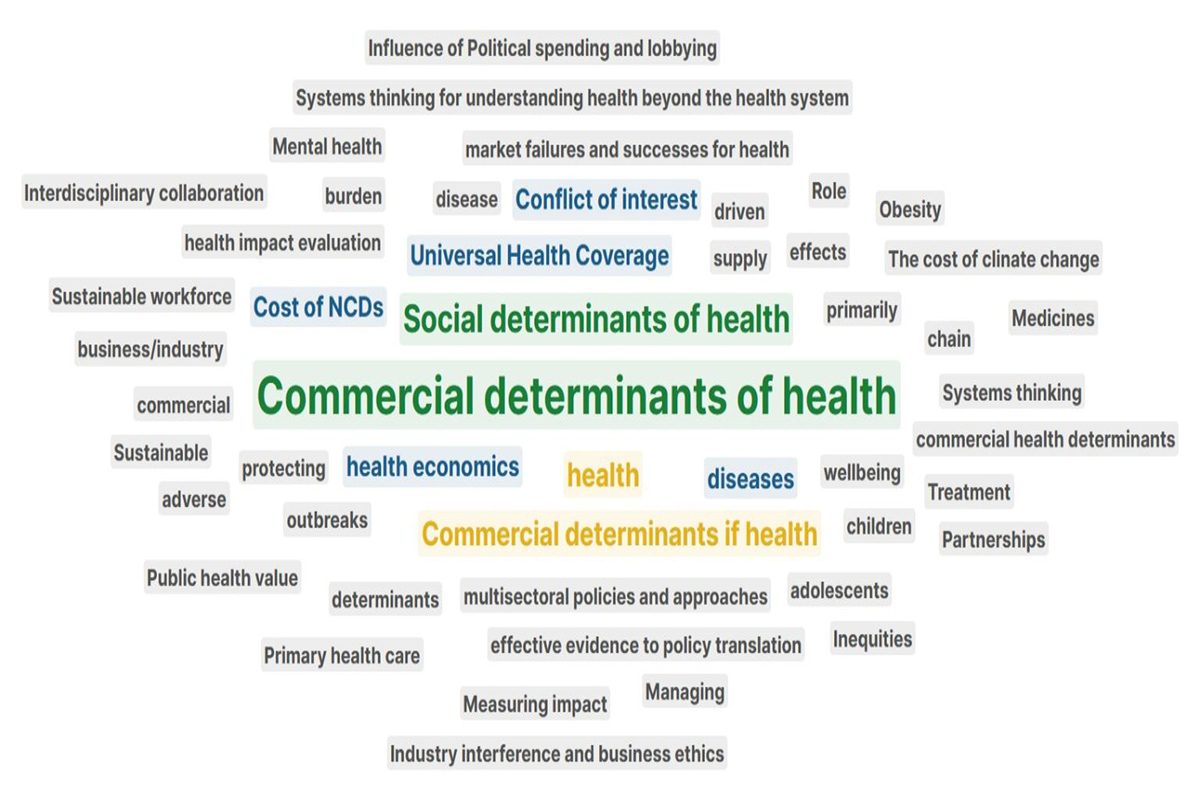RFK Jr.'s Autism Research Plan: A Data Privacy Minefield for Aussies?

Robert F. Kennedy Jr.'s ambition to access Americans' health records to study autism has sparked considerable debate. While the goal – understanding the complex factors behind autism and other chronic diseases – is undeniably vital, the practicality and ethical implications of such a sweeping data request are raising serious concerns, particularly regarding privacy and data security. This proposal, though not entirely new in concept, has gained renewed attention given Kennedy Jr.'s profile and the sensitive nature of the data involved.
The Core of the Proposal
Kennedy Jr.'s plan essentially calls for federal health officials to compile a massive database of individual health records. This data would then be analyzed to identify potential environmental or genetic factors that may contribute to the development of autism and other chronic illnesses. Proponents argue that such a comprehensive dataset could unlock crucial insights, leading to earlier diagnosis, improved treatments, and ultimately, a better understanding of these conditions.
Why It's Not So Simple
However, the path to obtaining and utilizing such data is fraught with challenges. Firstly, privacy concerns are paramount. Australian and international data protection laws are incredibly strict, and accessing and sharing sensitive health information requires robust safeguards and explicit consent. Simply requesting the data isn't enough; it necessitates meticulous planning to ensure compliance with regulations like the Privacy Act 1988 (Australia) and GDPR (Europe).
Secondly, the sheer scale of the data required presents logistical hurdles. Gathering, storing, and securely analyzing millions (or even billions) of health records is a complex and expensive undertaking. Data security is also a critical consideration; a breach could expose individuals to significant harm.
Thirdly, ethical considerations abound. Even with anonymization techniques, there's a risk of re-identification, especially given the increasing sophistication of data analysis tools. Furthermore, there are concerns about potential biases in the data, which could lead to inaccurate or misleading conclusions.
The Australian Perspective - A Cautionary Tale
Australia has a strong history of protecting its citizens' health information. The Australian Government's commitment to privacy and data security is reflected in the National Health Act 1953 and related guidelines. Any attempt to access Australian health data for this purpose would face intense scrutiny and would require a compelling justification, demonstrating that the benefits outweigh the risks.
Beyond the Data: Addressing the Root Causes
While data analysis can undoubtedly play a role in understanding autism and chronic diseases, it’s crucial to remember that these conditions are often multifaceted and influenced by a complex interplay of genetic, environmental, and lifestyle factors. A focus solely on data collection risks overlooking other critical areas, such as early intervention programs, research into genetic predispositions, and public health initiatives aimed at promoting overall well-being. Furthermore, addressing misinformation and promoting evidence-based approaches to autism diagnosis and treatment remains a priority.
Conclusion
RFK Jr.'s vision of leveraging health data to advance our understanding of autism is laudable. However, the practical and ethical challenges involved are substantial. While data-driven research holds immense promise, it must be pursued responsibly, with a unwavering commitment to protecting individual privacy and ensuring data security. For Australians, the proposal serves as a reminder of the importance of robust data protection laws and the need for careful consideration of the potential risks and benefits of any large-scale data initiative.



:max_bytes(150000):strip_icc():focal(715x252:717x254)/bindi-irwin-051025-tout-671e73f37f6242f0ab7faf1dbd0f67a0.jpg)

